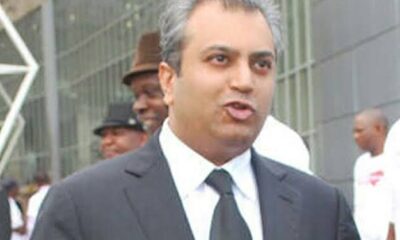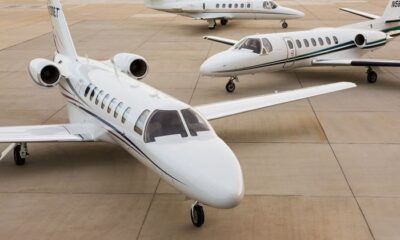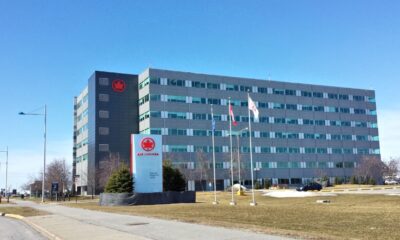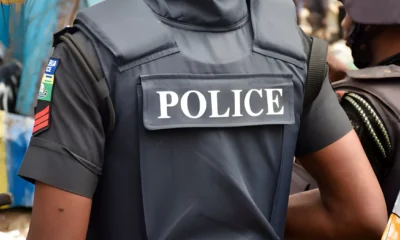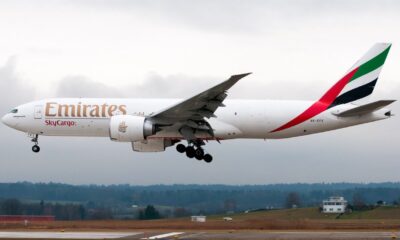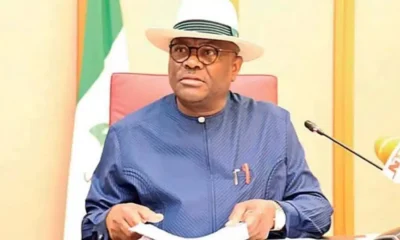Aviation
Will the Automation of Aircraft Replace Pilots?
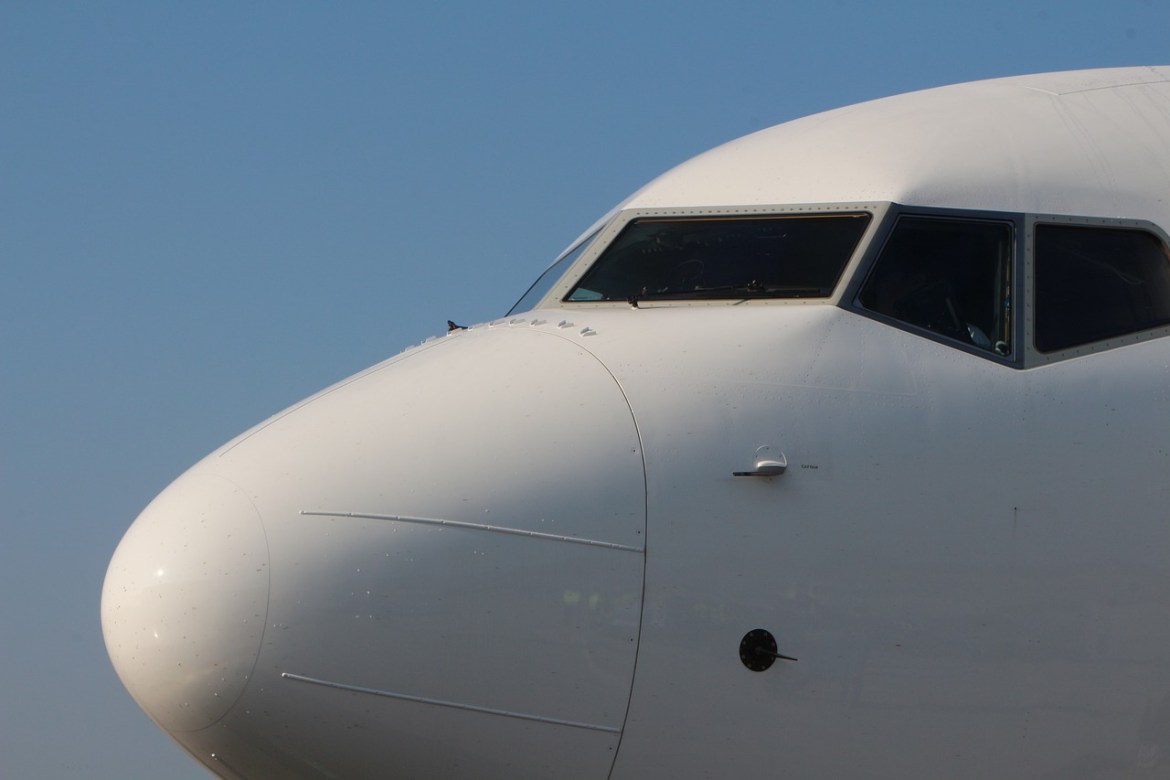
Even a decade ago, the idea of fully autonomous aircraft seemed unrealistic. Today, however, autopilot systems and drones with artificial intelligence are often used to ensure safe and smooth flights. Automation changes aviation, but in this case, the question arises about pilots and their future participation in plane management. Will their roles be completely outdated, or will they acquire a new meaning?
Aviation Automation Today
Pilots require concentration and responsibility for every aspect of a flight, and technology greatly reduces their workload. For example, the autopilot system is designed to control altitude, speed, and navigation. Drones also work with artificial intelligence and provide unmanned functions in required situations.
However, currently, automation cannot completely replace pilots’ contributions because, in difficult situations, the flight needs to be controlled step by step. When the system malfunctions or they experience unexpected weather conditions, pilots must make quick decisions to ensure safety. Advanced systems, even having achieved significant gains in development, can still only follow predictable targets and are not adapted to changing conditions and emergencies.

Future Automation Development
Artificial intelligence and the development of autonomous aviation technology will play a huge role in the future of pilotless aircraft. They can evaluate massive volumes of information to generate immediate decisions, enhancing flying effectiveness and protection. A global leader in aerospace modernisation, Boeing is already testing unmanned aerial vehicles. Their exploration demonstrates AI’s abilities to control various flight operations with full automation. An innovator in advanced aviation technology, Airbus is also working on technology for prospective pilotless passenger planes by testing autonomous systems which aim to improve safety and avoid human error.
Unfortunately, complex scenarios cannot be controlled by artificial intelligence, meaning absolute security cannot yet be achieved. Such technological obstacles, as well as a lack of public trust and approval of regulatory authorities, do not allow for fully implemented autonomous aircraft in service presently.

Pilots’ Participation in the Future
Many experts are confident that even in the future, with full aircraft automation, pilots will continue their work. This will be mainly related to security controls. Autonomous technologies can be extremely advanced but they still struggle with adaptability. Therefore, in an emergency, the human mind will work most effectively, making complicated decisions quickly.
Human judgment should be available in every situation. Such surveillance might minimise potential hazards caused by system breakdowns such as adverse conditions or unanticipated technical problems. It can, therefore, be concluded that the work of pilots will consist of observing and correcting errors in automated systems and preventing possible faults.

Automation Will Not Replace Pilots
The role of pilots will change through further development of automation, but they will not disappear entirely. Pilots will take control in unexpected situations if the system fails, which will ensure safety and maintain the trust of passengers.
How do you feel about fully autonomous aircraft? Share your thoughts in the comments.

